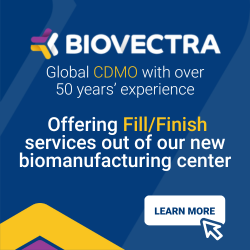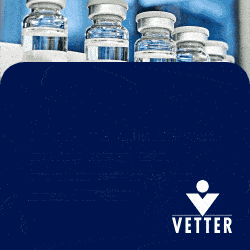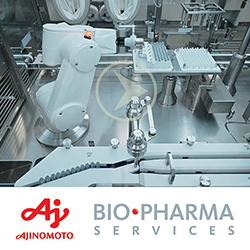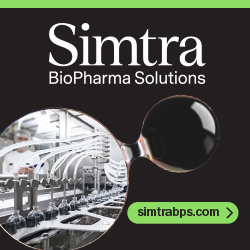Opiant Pharmaceuticals Announces Final Patient Enrolled in Phase 2 Clinical Trial
Opiant Pharmaceuticals, Inc. recently announced it has completed patient enrollment in its Phase 2 clinical trial of OPTN001, a naloxone nasal spray, for the treatment of Bulimia Nervosa. The company expects to report top-line data from this trial in the first quarter of 2019.
Bulimia Nervosa is a serious eating disorder characterized by binging and purging that impacts about one million Americans. Treatment of Bulimia Nervosa can be challenging, with as many as 30% of patients relapsing. Fluoxetine, an orally administered antidepressant, is the only drug currently approved for this indication; however, it has shown limited efficacy.
“OPNT001 has the potential to address the unique needs of this patient population because it has demonstrated a rapid absorption profile and allows for on-demand dosing by patients when they experience the urge to binge,” said Susan McElroy, MD, an eating disorders expert at the Lindner Center of HOPE. “This can help to establish a sense of control, which patients with Bulimia desperately want, and if bingeing is controlled, patients won’t carry out compensatory behaviors, primarily purging. It may also support medication adherence because once OPNT001 is administered intranasally, the treatment cannot be purged.”
“The completion of patient enrollment in this study represents an important milestone for our OPNT001 clinical development program and our company,” said Roger Crystal, MD, Chief Executive Officer of Opiant Pharmaceuticals. “We look forward to top-line results from this study in the first quarter of 2019. With an addressable market of over $1 billion and very few competitive products in development, Bulimia Nervosa may be an attractive indication for self-commercialization.”
The Phase 2 randomized, double-blind, placebo-controlled study is evaluating the safety and tolerability of OPNT001, as well as its impact on various clinical outcomes, including changes in eating behavior. The primary endpoint of the study is a reduction in binge eating days. The study has enrolled 86 patients across 19 clinical sites in the United Kingdom.
Bulimia Nervosa is a serious and potentially life-threatening eating disorder affecting mainly females, and is characterized by binge eating followed by purging, fasting, and other strategies to prevent weight gain. Patients are also at a heightened risk of other mental disorders including depression, anxiety and problems with drug and alcohol. The mainstay of treatment is psychotherapy using cognitive behavioral therapy, but this is associated with only moderate treatment success and high relapse rates. Fluoxetine is currently the only FDA approved medication to treat Bulimia Nervosa. However, the remission rate with fluoxetine, both alone and combined with psychotherapy, ranges from only 19 to 41%.
The wide variety of individual response to treatment, combined with moderate success of even the most effective treatment approaches, highlights a strong need to develop new and more effective treatments. Research suggests that treatments based on the addiction model of bingeing may be of benefit. Thus, many experts view binge eating as a form of addictive behavior to foods high in sugar, salt and fat. Furthermore, individuals with “food addiction” exhibit similar patterns of brain activation in response to both the anticipation and receipt of food. This pattern is similar to that observed in patients with drug and alcohol addiction/use disorders.
OPNT001 is Opiant’s proprietary nasal naloxone technology. The product is covered by three FDA Orange Book-listed patents. PET imaging and promising pharmacokinetic data, which demonstrate rapid absorption, render it uniquely suitable for targeted dosing.
Opiant Pharmaceuticals, Inc. is a specialty pharmaceutical company developing pharmacological treatments for addictions and drug overdose. The National Institute on Drug Abuse, a component of the National Institutes of Health, describes addictive disorders as chronic relapsing brain diseases which burden society at both the individual and community levels. With its innovative opioid antagonist nasal delivery technology, Opiant is positioned to become a leader in these treatment markets. Opiant’s first drug overdose product, NARCAN Nasal Spray, is approved for marketing in the US and Canada by its partner, Adapt Pharmaceuticals. For more information visit www.opiant.com.
Total Page Views: 1225

















